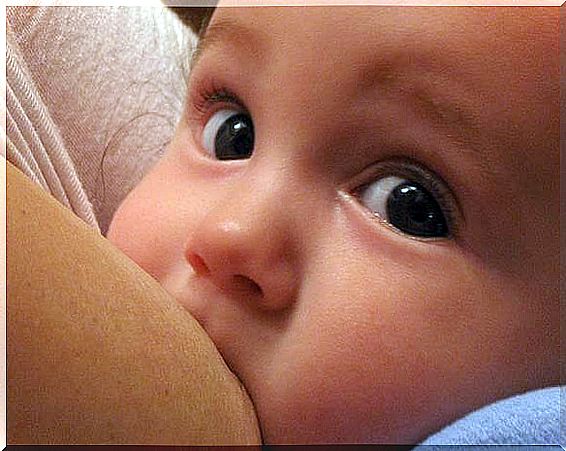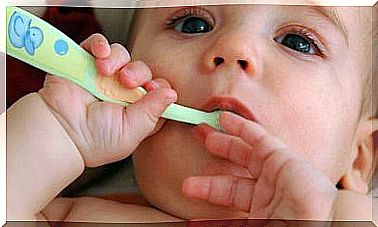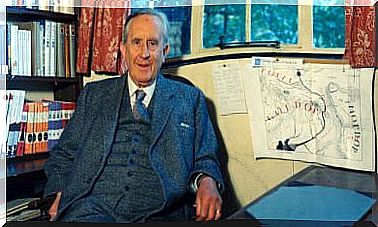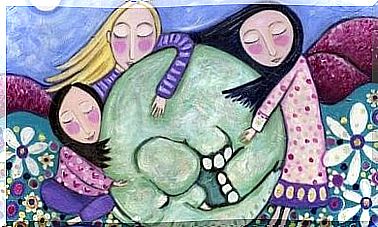Caffeine Consumption While Breastfeeding

Consuming caffeine while breastfeeding is not considered prohibited. There are many myths about coffee, especially when it comes to pregnancy. What is said about the consumption of coffee in the lactation stage? Is good or bad? Can it affect us in any way?
Coffee could be very good in adequate doses, although it can also be harmful if it is abused. There are many proven benefits of caffeine; however, there are also many lies.
Top myths about caffeine
- Causes addiction. According to experts, the body quickly gets used to the consumption of caffeine and generates tolerance. However, this tolerance can be reversed after a short period without ingesting this substance according to experts.
- It makes us fat. Coffee alone cannot make us fat. In any case, what causes an increase in the calories we consume is when we add milk or cream and large amounts of sugar. In fact, according to science, caffeine can maximize weight loss on a low-calorie diet.
- It harms pregnant women. High amounts of caffeine could affect the concentration and the nerves of the pregnant woman. It can also affect the baby, who may become more restless. However, moderate coffee consumption in pregnancy may not have major consequences. However, high doses of caffeine can lead to the loss of the child according to some studies. There is some controversy on this topic to make a strong evidence-based claim today.
Caffeine and breastfeeding, friends or foes?

Since the beginning of the pregnancy, the woman begins to reduce or eliminate the consumption of coffee. In most cases it is by choice, but sometimes a decrease in caffeine intake is advised. It all depends on how much we drink coffee per day. It also happens that it can lead to more nausea or heartburn due to pregnancy.
This situation continues throughout the process, we even get used to leaving it. So what happens after the baby is born? At what point can we get back to the coffee routine?
After delivery it takes time to return to normality, especially when the lactation stage begins immediately. The diet of the breastfeeding woman must also adapt to the situation, which is different from pregnancy, but has its keys.
Experts grouped by the American Pediatric Association explain that caffeine is safe while breastfeeding. Despite this, we know that excesses are never good. Caffeine can be found mainly in coffee, but some infusions and soft drinks can also contain it.

If we exceed the amount of caffeine we could be affected in some way. Sometimes it causes insomnia, difficulty staying asleep, nervousness, or stomach problems. Some of these symptoms may also affect the baby.
In any case, current studies do not offer conclusive results on the effects of caffeine intake on the health of the breastfed child. There are several lines of research that seek to elucidate the positive or negative effects of this practice, but no evidence has yet been developed in this regard.
Also, some people are considered to be more sensitive to this substance. Therefore, there are babies that could present sequelae before a minimal ingestion through the mother. Similarly, some children can be quite tolerant, without being affected at all.
For this reason, the main recommendation is prudence. The best thing would be to avoid the consumption of this substance to avoid taking risks, but in the case of deciding to drink coffee, that this decision is always taken from the measure.
To keep in mind!
Any caffeinated beverage that reaches the breastfeeding mother’s body immediately passes into her milk. About ninety minutes after ingestion, it is when the highest peaks of this substance are located in the product. That is why it is estimated that at least 10% of the caffeine that the mother consumes, reaches the baby directly.
If we consider that the metabolism of babies is much slower than that of an adult, then they will have caffeine in their bodies for longer. After four months, it could be said that the metabolic speed of babies is equal to that of adults. However, in the first months, the infant may suffer the effects of caffeine in milk.
Caffeine does not harm milk, it is only concentrated in it. It can affect the child because it spends a lot of time in his body. The more we have taken, the effects could be greater. It is advisable in these cases, is to reduce the daily coffee dose, and even temporarily suppress it to avoid taking risks.








